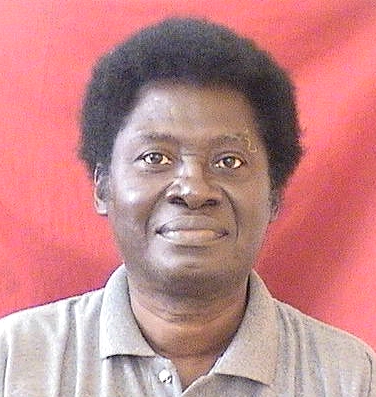How Do You Manage Situations of Large Classes With Disruptive Student Behaviour in the Class? Are Any of the Suggestions in the Text Useful in Your Context? If Not, What Other Management Solutions Could Be Used?
Session 2: Lecturing to Large Groups (SCL online session 2, Q4)
Facilitating questions #4:
How do you manage situations of large classes with disruptive student behaviour in the class? Are any of the suggestions in the text useful in your context? If not, what other management solutions could be used?
Answer: highlighted under situations or scenarios that may manifest student disruptive behaviour at lectures, some observation, and the management.
Scenarios:
Scenario 1: disruptive student behaviour in the class has been from latecomers to the class, student-to-student conversations that do not allow students to listen directly to the lecture, competes for attention of lecturer.
Scenario 2: disruptive student behaviour in the class has been from those who leave class while lecture is proceeding, producing student-to-student distractions do not allow students to listen directly to the lecture, competes for attention of lecturer.
Scenario 3: disruptive student behaviour in the class has been located at the rear of the class shouting across for attention without waiting for their turn to answer or ask question or make a point.
Scenario 4: disruptive student behaviour in class may create a commotion with a local action.
Scenario 5: students not ready or prepared to take a sport quiz, or become disruptive to cheat
Observation:
Disruptive student behaviour has not been a major challenge at lectures though its occurrence is minimal for my large class. PA system has usually helped my voice to cover the hall, and students have been mindful even when students are seen using mobile phones to receive calls at silent.
Management:
- Ignoring if not very repetitive, protracted, or distractive.
- Signal to individual to stop the misbehaviour
- Stop or interrupt lecturing for a while for order or class quiets and pay attention
- Request individual to order
- Remind individual that normal class behaviour is in place and for lecturers attention one raises their hand and wait for their turn
- Maintain Ground rules of mobile phones at silent wile in class, and raising hands for attention, and quietly moving in or out of class when lectures are in progress.
- Ask over the PA system or get closer to student or group and find out the reason. And ask them to grant the class some respect, or if we could help them, or they leave the class to continue. This may sound a bit harsh but when it has come to that but once, it worked well!
- Have rarely had to counsel students with disruptive behaviour after class. I have had no cause to refer a disruptive student to Dean of Students for Guidance and Counselling.
- Students who are ill and may be coughing are asked to stay out of class if severe, necessarily control themselves with their handkerchief or hand tissue
Suggestions from text:
All suggestions in the text are useful in my context where necessary. And ground rules must be stressed during student orientation and included in the Course Policy. They may be found in the KNUSST Students’ Guide and code of conduct. These have rather been assumed r not given serious thought.
From: Albert Saah, 2/8/2019
To: Prof. Søren Lund, KTH Stockholm

